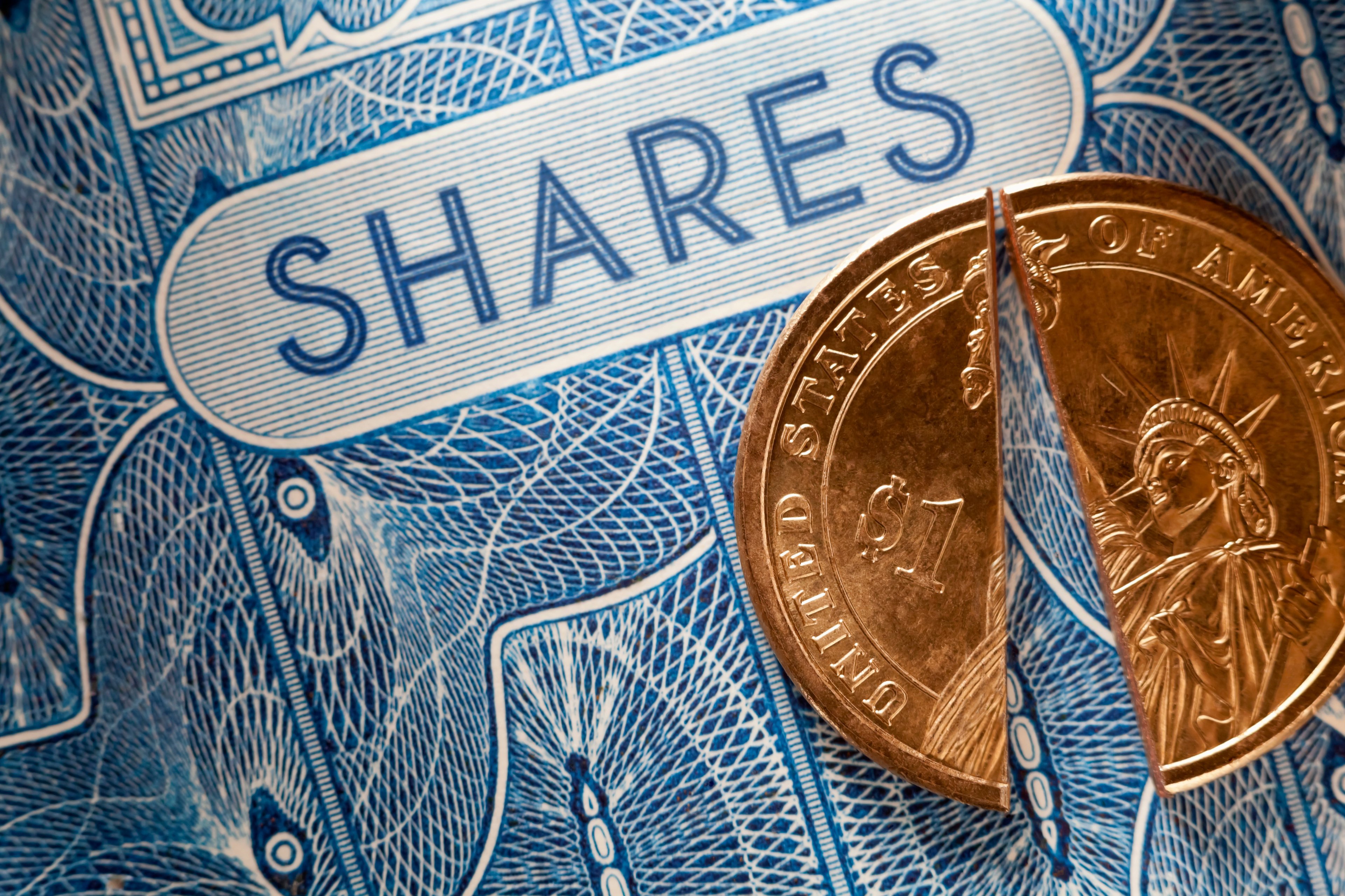Nintendo (NTDOY 6.24%) and Sony (SNE 0.77%) have been fierce rivals in the video game market since Sony launched its first PlayStation over 25 years ago. The disc-based console, which started out as a joint project between Sony and Nintendo, ended Nintendo's dominance of the gaming market in the late 1990s.
That rivalry continues today, with Nintendo's hybrid Switch console ranking second in the current-gen console race behind Sony's PS4. Nintendo has shipped 52.5 million Switches since March 2017, while Sony has shipped 107.6 million PS4s since Nov. 2013.

Image source: Getty Images.
The global video gaming market seems saturated, but it could still grow at a compound annual growth rate of 12% between 2020 and 2025, according to Mordor Intelligence. Both Nintendo and Sony could profit from that growth, but which Japanese gaming company is the better overall investment as the coronavirus crisis hammers global markets?
The differences between Nintendo and Sony
Nintendo and Sony operate very different business models. Nintendo generates nearly all of its revenue by selling gaming hardware, software, and digital subscriptions.
In the first nine months of 2019, sales of Switch hardware and software accounted for 94% of Nintendo's top line. The rest came from 3DS hardware and software, mobile games, licensing revenue, playing cards, and other products.
Sony is a larger conglomerate that only generated 24% of its revenue from its core gaming and networking solutions (G&NS) business in the first nine months of 2019. 25% came from its electronic products and solutions (EP&S) business, followed by its financial services unit (17%), image and sensing solutions (I&SS) business (13%), Sony Pictures (10%), Sony Music (10%), and other businesses (3%).
Sony also produces mobile games, including the hit game Fate/Grand Order, but that revenue is classified under its Music business instead of its G&NS unit.
Which company is growing faster?
Nintendo's business is cyclical, relying heavily on the success and longevity of its gaming consoles. Nintendo's previous home console, the Wii U, was launched in late 2012 but discontinued in early 2017 because of poor sales. Its successor, the Switch, fared significantly better, and more than doubled its revenue in 2017.

Image source; Nintendo.
Sony has more moving parts. Its gaming business was a major growth engine over the past six years, and offset the uneven growth of its other businesses. Sales of Sony's PS4 hardware and software decelerated over the past year as gamers anticipated the upcoming launch of the PS5, but the robust growth of its I&SS business -- which supplies image sensors for smartphones and other devices -- partly offset that decline.
|
Revenue growth |
2015 |
2016 |
2017 |
2018 |
Q1-Q3 2019 |
|---|---|---|---|---|---|
|
Nintendo |
(8.2%) |
(3%) |
115.8% |
13.7% |
2.5% |
|
Sony |
(1.3%) |
(6.2%) |
12.3% |
1.5% |
(0.4%) |
In Japanese yen. Source: Company financial reports.
Last September, Nintendo launched a cheaper version of the Switch, the Lite, to extend the console's lifespan. However, Nintendo isn't expected to launch a true successor to the Switch anytime soon, so it could lose momentum as Sony's PS5 and Microsoft's (MSFT 2.87%) Xbox Series X steal the spotlight later this year.
Sony's I&SS business is expected to continue growing as smartphone makers install more powerful cameras and multiple camera setups in their newest devices. The growth of that higher-margin business, which generated a quarter of Sony's operating profits in the first nine months, should help Sony tread water until the PS5 arrives during the holidays this year.
Which stock is cheaper relative to its growth?
Investors should take analysts' forecasts with a whole pillar of salt, since they haven't been updated to fully reflect the impact of the coronavirus crisis yet. Sony and Nintendo also face a near-imminent recession in Japan and a weak yen.
That being said, Nintendo could grow at a faster pace than Sony throughout most of fiscal 2020 with stronger sales of Switch Lites and fresh first-party games like Pokemon Mystery Dungeon and Animal Crossing New Horizons. It could also establish a stronger presence in China via its partnership with Chinese tech giant Tencent (TCEHY 3.33%).
Sony's growth will likely decline this year before rebounding in fiscal 2020 (which starts at the end of March) as the I&SS unit passes the baton to the G&NS unit again, but its overall growth rates should remain lower. Therefore, Nintendo looks like a better value now relative to its growth potential:
|
Next fiscal year (2020) |
Est. revenue growth |
Est. earnings growth (loss) |
Forward P/E |
|---|---|---|---|
|
Sony |
4% |
4% |
13 |
|
Nintendo |
9% |
20% |
20 |
Source: Yahoo Finance, CNN Money, as of March 9, 2020
The winner: Nintendo
Sony and Nintendo are both solid long-term investments. However, Nintendo is a more focused play on gaming, isn't burdened by weaker businesses in other sectors, and holds a defensible niche in hybrid handheld consoles -- which could continue growing throughout the coronavirus crisis.









